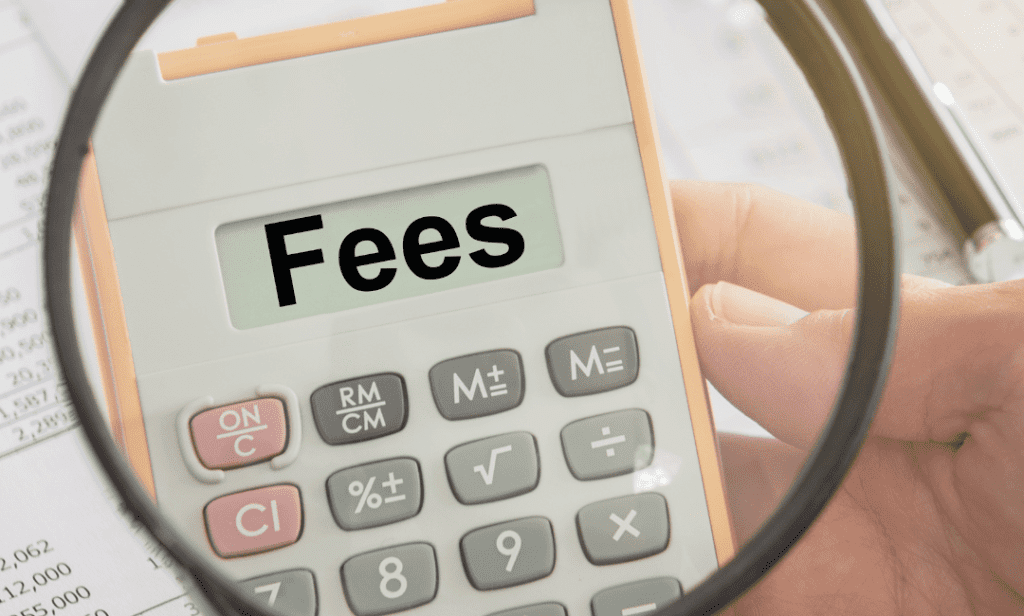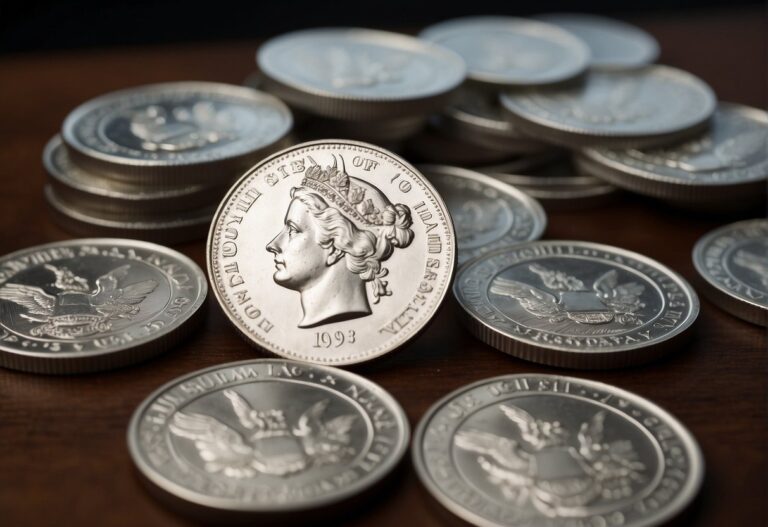Table of Contents
ToggleWhy Gold is a Solid Investment for Retirement: A Comprehensive Guide to Gold IRAs

Saving for retirement is a significant financial goal for most individuals, and one of the key considerations is where to invest your hard-earned money. While traditional options like stocks, bonds, and real estate are popular choices, but gold investment options, such as gold stocks, gold ETFs, and gold coins has emerged as an attractive alternative for retirement investment. In this article, we will explore why gold is a good investment for retirement, and we’ll delve into the intricacies of a Gold IRA, including information on taxes, storage, and fees.
Why Gold for Retirement?
- Diversification: Gold is a precious metal with a long history of retaining its value. Diversifying your retirement portfolio with physical gold investments can help mitigate risks associated with traditional investments, making it a valuable addition.
- Hedge Against Inflation: Gold has historically acted as a hedge against inflation. When the value of paper currency decreases, gold prices tend to retain or increase its value, making it a reliable asset during economic uncertainties.
- Store of Value: Gold is a tangible asset that holds value over time. It is not subject to the same stock market volatility as stocks, making it a stable option for retirement savings.
- Historical Performance: Looking at the past, gold has often performed well during economic crises and recessions, providing investors with a safe haven for their wealth.
Understanding Gold IRAs

What is a Gold IRA?
A Gold IRA, or Precious Metals IRA, is a self-directed individual retirement account that allows you investing in gold, silver, platinum, and palladium. These accounts are specifically designed to help individuals diversify their retirement portfolios with gold and other precious metals IRAs.
Tax Implications
- Tax-Deferred Growth: Just like traditional IRAs, Gold IRAs offer tax-deferred growth. This means that any gains made within the account are not subject to taxation until you make withdrawals during retirement.
- Early Withdrawal Penalties: If you withdraw gold mutual funds from your Gold IRA before the age of 59½, you may face early withdrawal penalties, just like with traditional IRAs.
- Required Minimum Distributions (RMDs): Once you reach the age of 72, you are required to start taking minimum distributions from your Gold IRA, and these distributions are taxable.
Storage of Precious Metals
Gold held in a Gold IRA must be stored in an IRS-approved depository. These depositories are equipped with advanced security measures to protect your assets. While storage fees vary depending on the depository and the amount of gold you hold, these costs are often a small percentage of the value of your precious metal IRAs.
When you leap into a Gold IRA, think beyond just owning gold. It’s about safeguarding your treasure. Here’s where IRS-approved depositories come into play. These aren’t just any storage facilities. They’re like fortresses, armed with cutting-edge security systems. Imagine vaults, surveillance, and top-notch protection – all working tirelessly to keep your golden investment safe and sound.
But wait, there’s more. The cost of this peace of mind? Surprisingly affordable. The storage fees, which depend on where your gold is bunkered and how much of it you’re stashing, are typically a modest slice of your precious metal IRA’s worth.
Picture this: You’re not just paying for a space to keep your gold. You’re investing in a shield that guards your retirement dreams. That’s the kind of assurance that lets you sleep soundly at night, knowing your golden nest egg is in safe hands.
Let’s break it down:
- Security Level: Think of these depositories as maximum-security vaults for your gold.
- Cost Effectiveness: The fees? A small price for securing a potentially life-changing investment.
- Customization: Whether it’s a little or a lot, storage plans flex to fit the size of your holdings.
In a nutshell, the storage of your precious metals is a critical piece of the Gold IRA puzzle. It’s about more than just a spot to keep your gold. It’s about trust, safety, and smart financial planning.
Fees Associated with Gold IRAs
Fees associated with Gold IRAs generally include:
- Custodian Fees: You’ll need a custodian to manage your Gold IRA, and they charge an annual fee for their services. These fees can vary between custodians.
- Purchase and Sale Fees: When you buy or sell precious metals within your IRA, there may be associated fees, including the dealer’s markup.
- Storage Fees: As mentioned earlier, you’ll pay storage fees to the IRS-approved depository, which can range from a few hundred to a few thousand dollars annually.

Frequently Asked Questions (FAQs)
Can I hold physical gold in my Gold IRA?
Absolutely! When you opt for a Gold IRA, you’re stepping into the world of tangible assets. Imagine holding real gold coins and bars that meet the IRS’s strict standards. It’s not just about owning gold; it’s about holding a piece of history and security.
Can I convert my existing IRA into a Gold IRA?
Thinking of giving your IRA a golden touch? It’s totally doable. You can seamlessly convert your existing IRA into a glittering Gold IRA. The best part? This transition is tax-friendly and penalty-free. It’s like repainting your financial portfolio without the mess.
You can roll over or transfer funds from your existing IRA into a Gold IRA while taking tax advantages without incurring penalties.
Is a Gold IRA suitable for everyone?
Here’s the deal: A Gold IRA isn’t a one-size-fits-all solution. It’s like choosing a suit – it needs to fit your style and comfort. Talking to a financial advisor is key. They’ll help you figure out if a Gold IRA matches your retirement vision and risk appetite. Remember, it’s about making your golden years shine, your way!
Conclusion
Gold is a compelling option for retirement gold investment due to its historical stability, diversification benefits, and inflation-hedging capabilities. A Gold IRA, which allows you to include precious metals in your retirement diversified portfolio, can be a valuable addition to your financial strategy. However, it’s essential to be aware of the tax implications, storage requirements, and associated fees when considering this option. Always consult with a qualified financial advisor to make informed decisions about your retirement investments.


